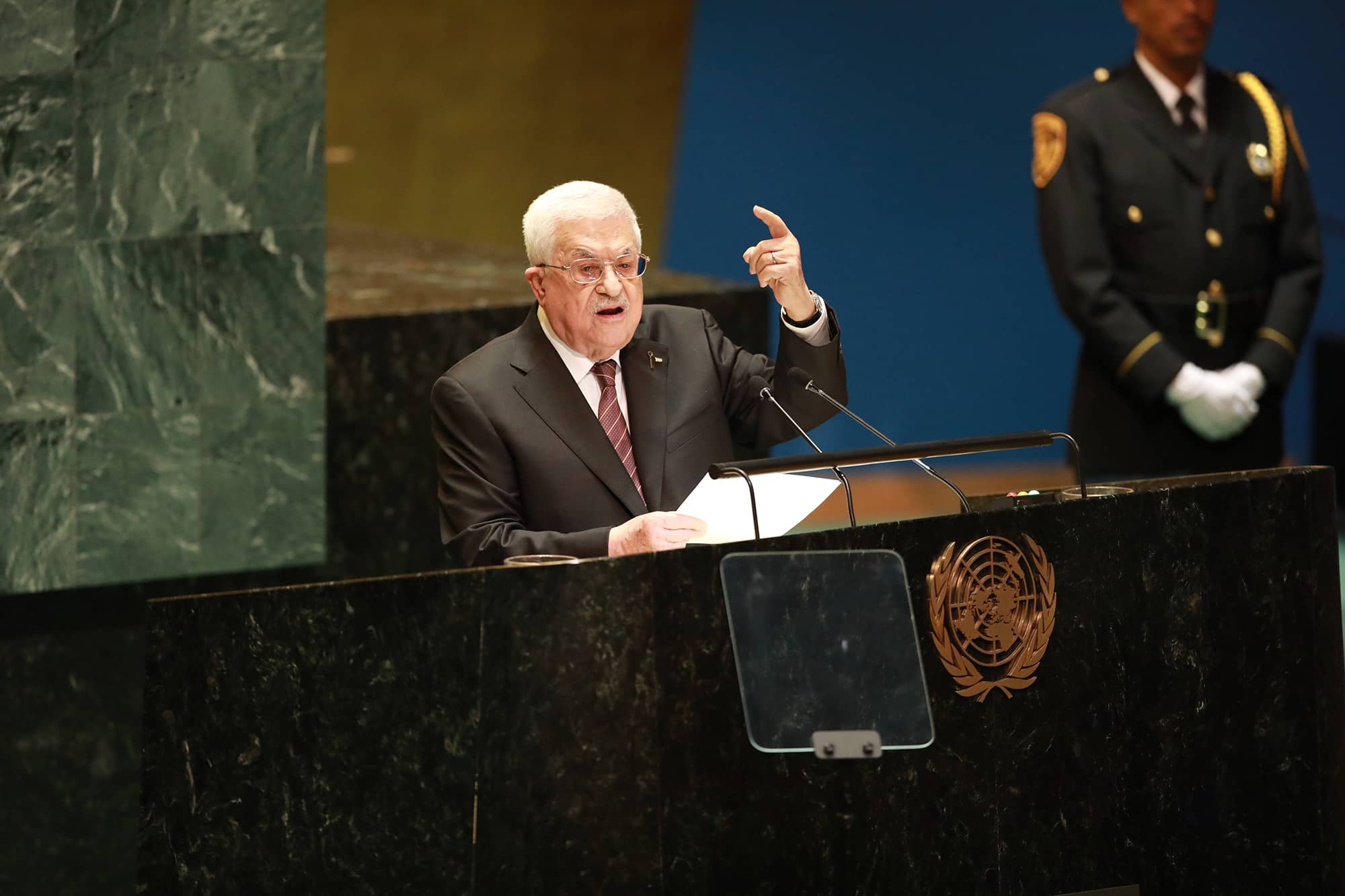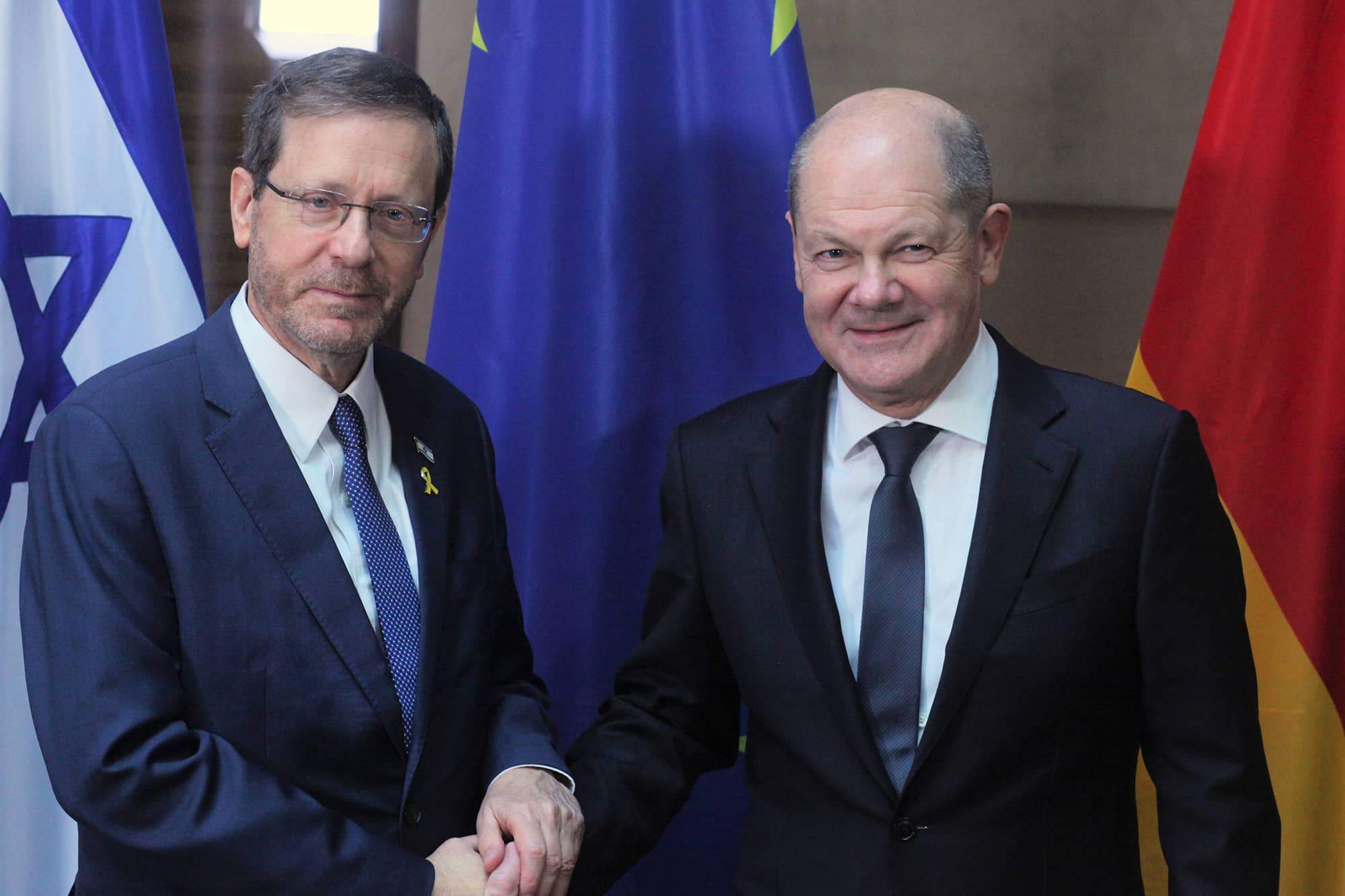An overlooked dimension of Israel’s policy toward Iran involves its relations with East Asia’s two powers: Japan and China. These relations—both competitive and cooperative—are part of the global shift toward Asia in general and East Asia in particular. I trace the relations between each country and Iran and then offer some thoughts about the interplay among the three— China, Japan and Iran—as they concern Israel’s future policy.
Competing Strategies: Japan’s Caution, China’s Support
While they have maintained diplomatic ties since 1926, today Japan’s foreign policy toward Iran is shaped by a combination of strategic interests, resource supply (mainly energy and rare minerals), security, and considerations of regional stability. In terms of energy security, Japan still relies on the Middle East for its crude oil imports, and Iran has historically been one of its significant suppliers. However, given Japan’s strategic alliance with the United States, in the past few years it has significantly limited its imports of resources from Iran, in accordance with U.S. sanctions on Iran’s oil exports. In 2023, it imported only about $70,000 worth of mineral fuels, oils, and distillation products (a very small portion of what it imported in the past). In addition, key to Japan’s foreign policy has been the strategy of a “Free and Open Indo-Pacific,” aimed at guaranteeing maritime security and promoting economic prosperity in the Indo-Pacific region. This strategy influences Japan’s approach to the Middle East, which is part of the littoral of the Indian Ocean (including Iran), as regional stability is considered one of its core interests.
Because Japan’s foreign and defense policies are framed by its relations with the United States, it seeks to balance its ties with Iran while aligning with American policy outlook. This pragmatic orientation allows Japan to promote its interests in the Middle East while upholding its strategic pact. As part of this “balancing act,” it has mediated and acted as a go-between connecting Iran and the United States. For example, former Prime Minister Shinzo Abe sought to facilitate contact during the first Trump administration, and today Japan continues to serve as a conduit for communication between the two sides (alongside Qatar, Oman and the Swiss embassy in Tehran). An example of how Japan cultivates diplomatic dialogue is the July 2024 discussion between Prime Minister Kishida Fumio and Iran’s President-elect Masoud Pezeshkian about promoting relations and cooperating on the Middle East’s stability. A related issue for Japan is Iran’s support for the Houthis. Japan has been significantly affected by Houthi attacks on shipping in the Red Sea because substantial numbers of commercial vessels use the route to link Asia and Europe. These attacks have forced companies to reroute vessels around Africa, increasing both transit times and costs. Japan has clearly denounced the attacks on commercial shipping, thereby aligning itself with international efforts to maintain maritime security. Japan maintains its diplomatic engagement primarily through international organizations and recognized governments rather than directly with the Houthi movement, an Iranian proxy.
China has had diplomatic relations with Iran since 1971, but especially during the past four decades, since the Islamic Revolution, their relations have broadened. Today, its multifaceted policy includes economic, strategic, and regional cooperation. In the context of strong economic relations, China is a major importer of Iranian oil. In 2012, the countries signed agreements to enhance trade and investment, and in 2021 they signed a 25-year comprehensive cooperation plan. Furthermore, China continues to engage in energy deals with Iran, and in 2023 it imported about four and a half billion dollars’ worth of resources from the country. The combination of China’s energy needs and Iran’s abundant resources forms the foundation of their ties and is a major element helping Iran face American sanctions. In addition, the two countries collaborate on various strategic and regional issues, such as joint projects within the framework of the Shanghai Cooperation Organization (SCO) and support for Iran’s right to peaceful nuclear technology. The two countries have also engaged in defense cooperation, with China providing military equipment and technology to Iran. More broadly, China’s policy toward Iran is also influenced by its interest in regional stability in the Middle East. Accordingly, China has called for negotiations to resolve the Iranian nuclear issue and has opposed sanctions that it views as counterproductive.
Relations between China and the Houthis present an interesting geopolitical dynamic, though there is no formal diplomatic recognition between China and the Houthi militia. While maintaining a position of non-interference in Yemen’s internal conflict, China engages in dialogue with various Yemeni factions, including the Houthis, as part of its diplomatic efforts in the region. As the Red Sea shipping lanes are crucial for China’s commercial and investment interests, it deploys naval vessels to the region primarily to protect its own commercial shipping interests and maintains informal contacts with the Houthis. At the same time, it has sought to maintain good relations with Iran while also developing ties with Saudi Arabia and other Gulf states that oppose the Houthis. Recently, cooperation between Chinese companies and the Houthis expanded, and according to the Financial Times, the Chinese satellite company Chang Guang provided imagery to the Houthis that might have been used for targeting ships. A U.S. State Department spokesperson called this “unacceptable,” while China claimed it is not aware of such conduct by the company.
This year, a trinational meeting between Iran, China, and Russia was held in Beijing. It centered on several key issues, the most important of which were the Iranian nuclear program and international sanctions. The three countries stressed the significance of diplomacy as the only viable answer to address concerns about the nuclear project and called for the international community to end unilateral sanctions imposed on Iran and called for diplomatic dialogue based on mutual respect. In the same meeting, they emphasized the importance of the Treaty on the Non-Proliferation of Nuclear Weapons (NPT) and Iran’s continuing commitment to peaceful nuclear energy use. The countries further agreed to strengthen their coordination in international organizations like BRICS and the Shanghai Cooperation Organization. The implications of these developments for Israel are clear—the need to address the emerging cooperation between Iran and China, as well as Russia.
A Trilateral Dynamic Increasingly Shaped by U.S.-China Competition
The interest of the two East Asian countries in stability in Asia and the Middle East shapes much of their relations, which involve processes of balancing, competing and cooperating. First, in terms of the dynamics of energy and trade, both China and Japan are major energy consumers, while Iran is a significant energy producer. This situation means that both Asian powers have historically competed for access to Iranian oil resources. But while China has gained an advantage through its willingness to maintain trade with Iran despite sanctions, Japan has had to reduce its Iranian oil imports due to U.S. pressure, shifting the balance toward China.
Second, in terms of geopolitical balancing, Japan’s alliance with the U.S. affects its ability to engage with Iran, while China faces far fewer constraints. Hence, China and Iran’s strengthening partnership has implications for Japan’s regional interests and its competition with East Asia’s other power. At the same time, as part of its foreign relations policies, while Japan has continued to maintain a moderating position between adhering to U.S.-led sanctions and maintaining relations with Iran, China’s growing influence in Iran has reduced Japan’s historical economic advantage in the country.
Third, the strategic implications of this situation are that the China-Iran partnership shapes maritime security in regions where Japan has vital interests in open sea lanes. In addition, Japan’s restricted engagement with Iran has limited its ability to act as a balancing power against China’s influence. Probably the most important point is that the trilateral dynamic is increasingly shaped by the broader U.S.-China competition, with Japan and Iran aligning themselves with different sides.
The Trump Effect
The first months of Trump’s second presidency have been marked by a flurry of policy proposals that have created uncertainty and worries both in Japan and China regarding the dynamics of the Indo-Pacific and added further complications to a region already marked by complex ties. Here are some key points to consider: First, Trump’s “America First” approach is likely to lead to a broader decoupling of the U.S. and Chinese economies. This has already manifested in the increase of tariffs and sanctions on Chinese companies, to which China retaliated by increasing tariffs on American goods. This may indirectly affect Japan’s economic relations with China. Further, when the first Trump administration rejected the Trans-Pacific Partnership (TPP) trade and economic agreement, which the U.S. had previously supported, Japan stepped up and successfully established the Comprehensive and Progressive Agreement for Trans-Pacific Partnership (CPTPP). We may see similar endeavors forthcoming.
Second, the expectation that Trump’s administration will continue its transactional approach to foreign policy may lead to shifts in the balance of power in the Indo-Pacific region, hence potentially causing tensions between China and Japan. For instance, Trump’s warming relations with Russia and his criticism of NATO may have an impact on the strategic considerations of both Japan and China. One increasingly likely scenario is the emergence of a bipolar regional order coalescing around the United States and China (with India pursuing its own independent stance), along with multiple areas where conflict may emerge— the two Koreas, the Southeast Asia Sea, or Myanmar.
A closely related third point is that Japan, concerned about a rising China, has both accelerated rearmament and called for constitutional reforms easing restrictions on its military. With Trump’s new approach, Japan may intensify its efforts to strengthen its security, straining its relations with China. This may be exacerbated by the downsizing of the CIA and other agencies dealing with defending the United States abroad and the possible reduction in American defense budgets.
Implications for Israel
Relations between Japan and Iran have several indirect effects on Israel, involving both economic and diplomatic implications on regional dynamics, and which may impact Israel’s strategic choices. However, the importance of the Japan-U.S. alliance leads Tokyo to consistently consider American views. For instance, while Japan usually supports Western sanctions on Iran—aligning with Israel’s interests—in past years it has occasionally sought exemptions for the acquisition of oil. Because Japan has diplomatic relations with both Iran and Israel, it constantly seeks to create a balance between continuing economic ties with Tehran while making sure not to undermine the sanctions regime that Jerusalem strongly supports. The weakening of Iran and its multiple proxies in the region has made this balancing act easier. Moreover, in the past few years, Japan and Israel have strengthened their defense ties, especially in anti-missile systems and cyber defense.
For Israel, the weakening of Iran’s position and the decline in Japan’s ties with Tehran create opportunities for closer economic and especially defense cooperation. Israel is seen by Japan as a world leader in security-related innovation and a producer of battle-tested weaponry, making it a valuable partner.
An even more important issue for Israel is China-Iran relations. China has become Iran’s largest trading partner by far, aiding it in withstanding sanctions, particularly regarding oil exports and investments. This situation has undermined Israel’s efforts to maintain—via the United States—economic pressure on Iran and to limit its capacity to fund proxy groups hostile to Israel. In turn, the inclusion of Iran in investments within the framework of China’s “Belt and Road Initiative” has strengthened the superpower’s regional position, creating an even more complex dynamic for Israel. Security-centered cooperation between China and Iran, including the sale of armaments and the transfer of advanced technology, directly influences Israel’s strategic security considerations, as this cooperation not only intensifies Iran’s menace to Israel but also to other countries in the region with which Israel has been building ties. Moreover, Chinese armaments supplied to Iran could potentially find their way to militant entities hostile to Israel. No less important, China’s technological contributions to Iran’s nuclear program heightens Israeli concerns about their potential military applications. Given Iran’s weakened position, it is probable that it will seek further aid from China. A recent example underscoring this concern is the shipment from China to Iran of sodium perchlorate a critical component in the production of solid fuel for Iranian missiles. The shipment was intended to replace supplies from a factory hit in an Israeli air strike in Iran in late October 2024—another shipment of sodium perchlorate delivered from China was destroyed in a April 2025 explosion at the Shahid Rajaee Port.
Against this background, Israel must closely monitor security and military ties between China and Iran and, wherever possible, workto undermine these ties in alliance with other powers, primarily the United States. In a complementary manner, because China’s interests in maintaining open shipping lanes appear to align with Israel’s own interests, it could promote this policy more actively through quiet diplomacy.
Finally, China’s sustained backing of Iran in various international forums complicates Israel’s diplomatic efforts and strategic considerations. For example, China called for a ceasefire between Iran and Israel during the recent hostilities. More generally, as one of the permanent members of the UN Security Council, it holds the power to shape sanctions enacted against Iran—unless they are imposed through the snapback mechanism included in the 2015 Iran nuclear deal (JCPOA). Furthermore, China’s growing power in the Middle East, including its intercession in the conflict between Iran and Saudi Arabia, has shifted the region’s balance of power. This development has thus further complicated Israel’s efforts to establish a unified partnership against Iran’s regional aspirations.
This situation suggests that closer relations with Saudi Arabia and its Arab neighbors are important for Israel, as they may counterbalance Iran’s power. At the same time, the channels of open communication between Japan and Iran may be leveraged by Israel in the future through the United States or another intermediary.
JISS Policy Papers are published through the generosity of the Greg Rosshandler Family.















